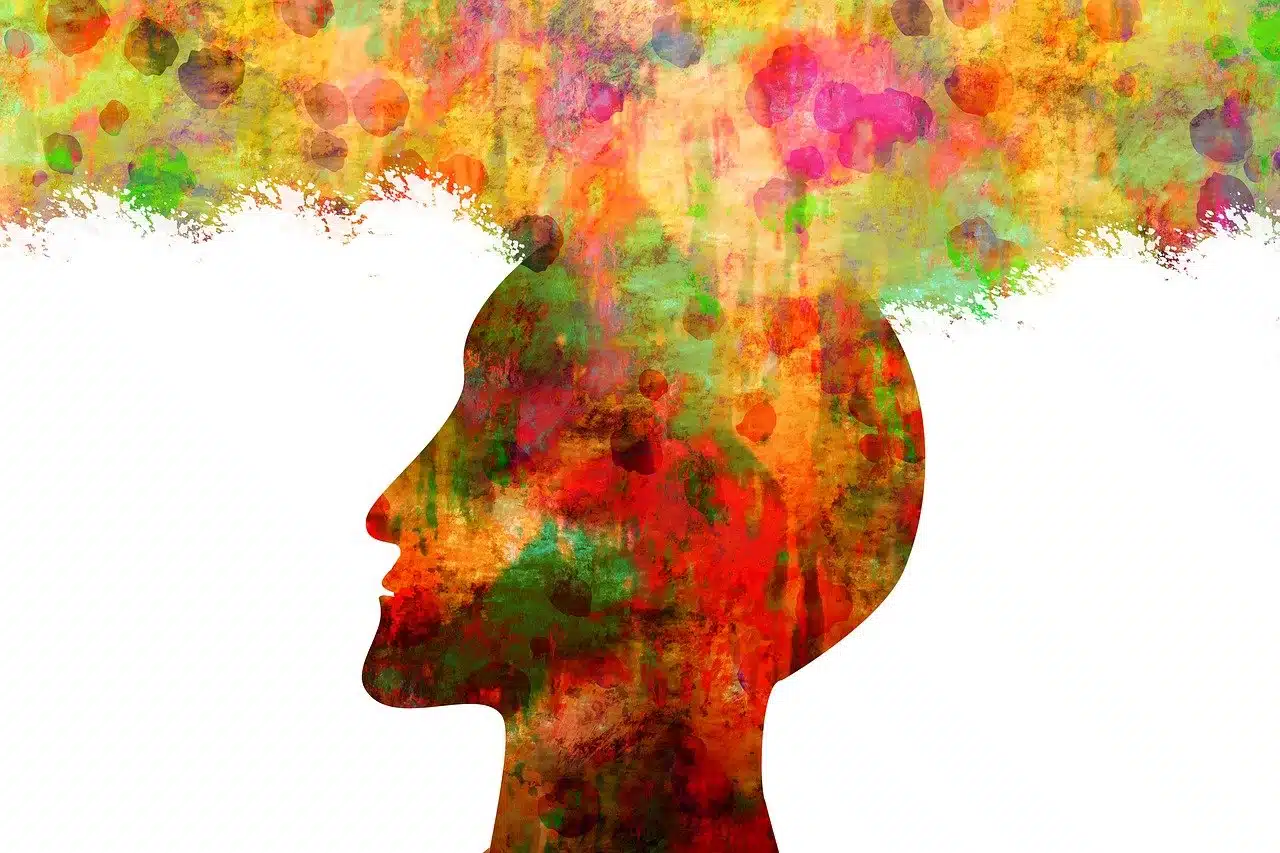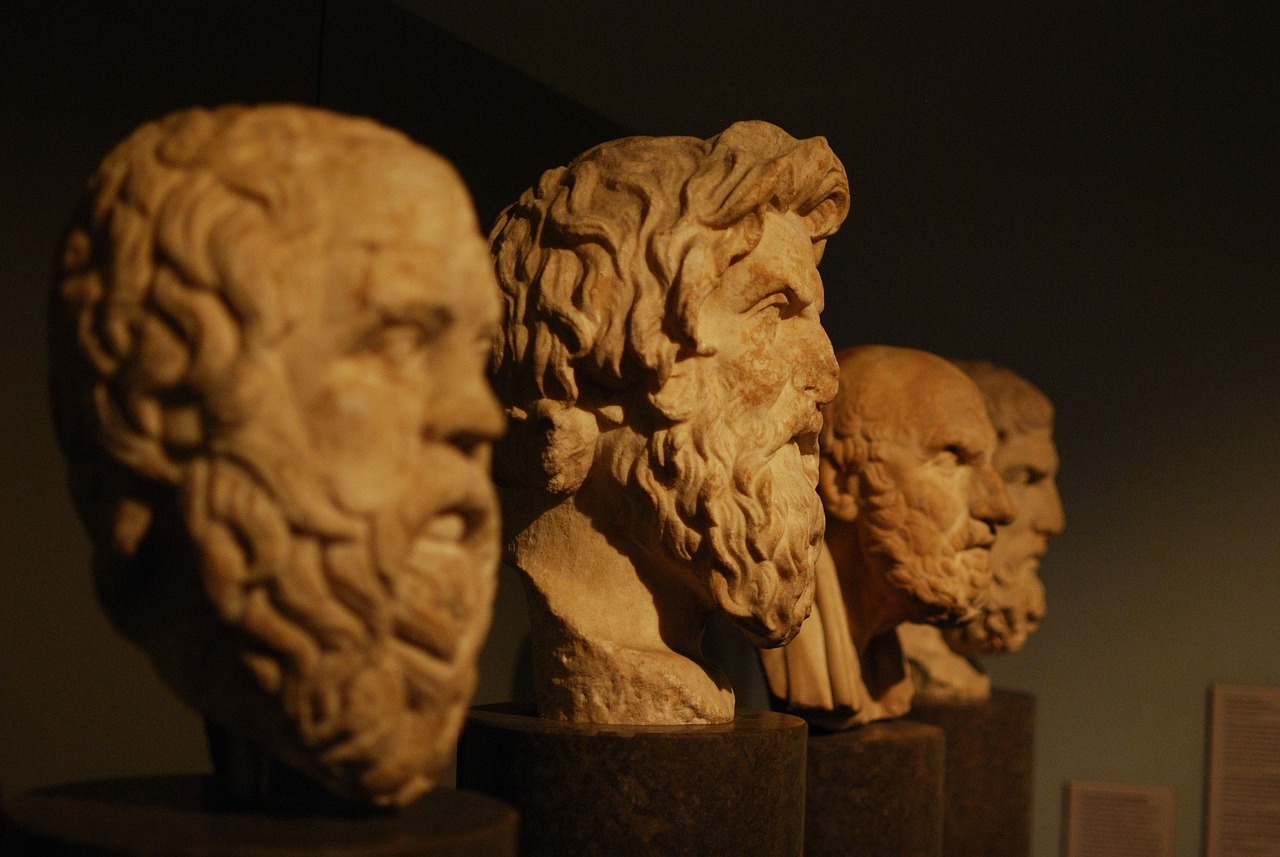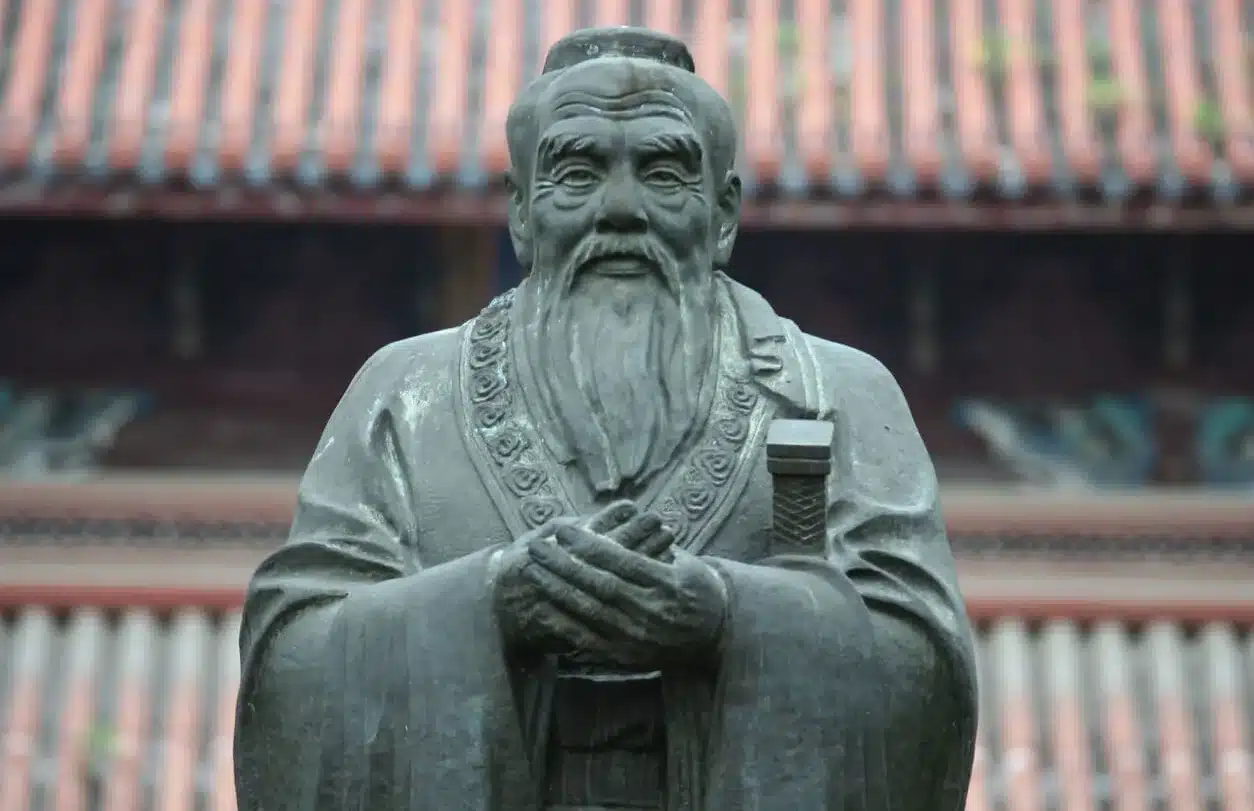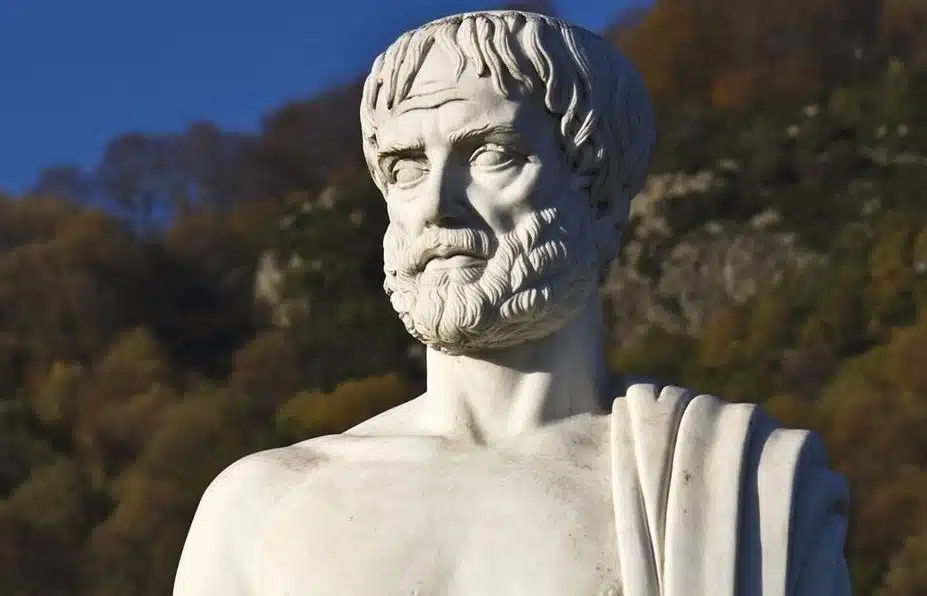
Etymologically, philosophy is the "love of knowledge."
Philosophy is methodical reflection that reflects the articulation of knowledge and the limits of existence and ways of being. The term, of Greek origin, is made up of two words: philos ( "love" ) and sophia ( " thought , wisdom , knowledge" ). Therefore, philosophy is the "love of knowledge."
The philosopher, for his part, is an individual who seeks knowledge for its own sake, without a pragmatic goal. He is moved by curiosity and investigates the ultimate foundations of reality. Beyond the development of philosophy as a discipline , the act of philosophizing is intrinsic to the human condition . It is not concrete knowledge, but a natural attitude of man in relation to the universe and his own being.
Just as philosophy is part of people's nature, it is also a field of knowledge that integrates the academic world. It is possible to study philosophy at a university , which can be said to constitute a higher education career. In turn, philosophy as a set of knowledge and practices encompasses multiple branches or specializations, such as metaphysics , epistemology and logic .
Branches of philosophy
The branches of philosophy are numerous, taking into account the extensive history of the discipline and cultural differences. Although for analytical purposes it is usually divided into two large groups in terms of region ( Western philosophy and Eastern philosophy ), in these groups numerous subdivisions can be recognized, such as European, Latin American , Chinese , Islamic or Indian philosophy . At this point it cannot be overemphasized that the great philosophers are not only Westerners. The contributions of personalities such as Confucius and Lao Tzu , to mention two Chinese thinkers, are key in the history of human beings.
There are branches of philosophy that currently, due to their scope, exceed the discipline. Ethics , logic , aesthetics , skepticism , pragmatism , cynicism and realism , among others, appear in different ways in multiple areas and even in everyday life. Metaphysics , ontology , cosmology and epistemology also transcend the strictly philosophical to integrate sciences, practices and procedures of all kinds.
In some cases, the theories of some thinkers had such a broad development that they became branches in themselves. Marxism , Hegelianism and Kantianism are a sample of this reality.
Other currents of philosophy are closely linked to their object of study or their field of application. That is why we can talk about philosophy of law , political philosophy , philosophy of mind, religion , history or language , among many others.
Characteristics of philosophy
- Criticism : Philosophy constantly questions accepted assumptions and truths.
- Reflective : Reflect on fundamental questions about being, knowledge, morality, and aesthetics.
- Rational : It is based on logical and argumentative reasoning .
- Systematic : Seeks to build coherent systems of thought.
- Universal : Addresses topics that are of general interest and not particular or regional interest.
- Abstract : Deals with concepts that are often neither observable nor empirically verifiable.
- Interdisciplinary : Interacts with various areas of knowledge such as science, art, and politics.
- Dialectic : Uses discussion and dialogue as methods to explore ideas.
- Analytical : Breaks down complex philosophical questions into smaller components for study.
- Perennial : Some of its issues and problems have endured throughout history.
- Problematic : Identify and formulate specific philosophical problems.
- Prescriptive : Often seeks not only to understand the world, but to suggest how it should be.
Gallery of famous philosophers
History of philosophy
The history of philosophy is as extensive as the history of humanity . If we associate this notion with reflection on being and the search for knowledge, its origins are anchored in the early days of human beings.
In any case, philosophy as a discipline begins to be forged when these types of practices begin to become systematized. In this sense, philosophy was born in Ancient Greece around the 6th century BC. C. Pythagoras is usually pointed out, in this framework, as the person responsible for coining the concept.
There are specialists who link the original development of philosophy to the emergence of States . They also relate it to the emergence of religion as a system or institution . What philosophy set out to do is find arguments arising from reasoning to explain issues that emanated from beliefs or from an authority.
Comparison with religion and science
Like religion , philosophy focuses on the ultimate questions of human existence . On the other hand, unlike religion, it is not based on divine revelation or faith, but rather on reason . In this way, philosophy can be defined as the rational analysis of the meaning of human existence , both individual and collective, based on the understanding of being.
Despite certain similarities with science , philosophy distances itself from it because many of its questions cannot be answered through experimental empiricism . It is interesting, at this point, to allude to the existence of the philosophy of science : a philosophical branch that analyzes how scientific theories, practices and knowledge are produced.

Philosophy has points in common with religion, but also numerous differences.
Stages of development of philosophy
In the historical development of philosophy, five major stages can be recognized: ancient , medieval , Renaissance , modern and contemporary philosophy. In each of these phases, the discipline showed different characteristics from a diversity of schools and currents.
It cannot fail to be mentioned, however, that philosophy did not advance along the same paths in all societies. That is why a distinction is usually made between Western and Eastern philosophy, which encompass the contributions of people from each part of the world.
ancient philosophy
Ancient philosophy is that which was carried out between the year 3,000 BC. C. and 500 AD. C. It covers the philosophical production of Ancient Greece and the Roman Empire , making its importance in Western history enormous.
This period begins with the work of the philosophers who preceded Socrates , mentioned as pre-Socratics . It continues with the classical instance that had its beginning at the hand of Socrates and that includes his student Plato and Aristotle (disciple of Plato ), and then continues with the contributions of the Hellenistic philosophers and with the so-called late antiquity , where the skeptics stood out. , the Stoics and the Epicureans .
Medieval philosophy
Medieval philosophy was launched when the Roman Empire fell and extended until the time of the Renaissance . Broadly speaking, it can be said that he aimed to build bridges between philosophy and religion, reflecting on faith and divinity, for example.
Thomas Aquinas,William of Ockham,Averroes,Avicenna yMaimonides son exponentes de la filosofía medieval, cada uno con un trabajo relevante llevado a cabo en su región.
Renaissance philosophy
The next stage in the history of Western philosophy was the Renaissance , whose roots are located in the 15th century . Based on Italian territory, Renaissance philosophy had a heyday of approximately a century.
In these years there was an important advance in political philosophy , the philosophy of nature and humanism , fields of greatest predominance at this time. Niccolò Machiavelli , St. Thomas More , Erasmus of Rotterdam , Giordano Bruno , Niccolò Copernicus , Galileo Galilei , and Leonardo da Vinci are among the leading thinkers of this phase.
modern philosophy
From the 17th century to the 20th century, modern philosophy unfolded. It is important to consider that the limits of each stage are not exact, which means that some philosophers and even currents can be enrolled in one period or another.
Metaphysics , epistemology , rationalism , empiricism and ethics are widely deployed branches in modern philosophy. Thinkers such as Baruch Spinoza , René Descartes , Thomas Hobbes , John Locke , David Hume , Jean-Jacques Rousseau , Immanuel Kant , Georg Wilhelm Friedrich Hegel , Auguste Comte , Friedrich Engels , Karl Marx , Friedrich Nietzsche and John Stuart Mill are noted among the most highlights of this phase.
Contemporary philosophy
After the completion of the stage of modern philosophy, contemporary philosophy began, which continues to this day. Currents such as existentialism , logical positivism , philosophical materialism , poststructuralism and phenomenology acquired relevance in the period.
Figures such as Karl Popper , Martin Heidegger , Bertrand Russell , Claude Lévi-Strauss , Simone de Beauvoir , Jean-Paul Sartre , Michel Foucault , Jacques Derrida , Hannah Arendt , Noam Chomsky and Gilles Deleuze stand out for their contributions to various areas of contemporary philosophy. .

Great references of universal philosophy lived in Ancient Greece.
The importance of Ancient Greece
In order for all the historical stages of philosophy to develop, there had to be a beginning. And it is in Ancient Greece where philosophy first emerged. It appeared at the beginning of the 6th century BC. C. in the region of Ionia , which is located in Asia . A time and place that, without a doubt, marked this branch of knowledge, since some fundamental events took place there.
Among those culminating points that must be highlighted, we find the establishment of four periods such as pre-Socratic philosophy , sophism , Attic and post-Aristotelian philosophy.
All stages where great thinkers who are currently still being studied and who have become basic pillars in the history of philosophy will take center stage. This would be, for example, the case of the aforementioned Plato , who was a follower of Socrates and stood out for creating numerous works where he placed special emphasis on the theory of ideas and forms.
His theory postulated that each idea is immutable and unique and that beings in the sensible world are characterized by being imperfect and deficient. All of them issues that acquired great value within philosophy, as did his well-known myth of the cave, where he analyzes in depth the difference between reality and knowledge. Plato 's followers, meanwhile, promoted the doctrine known as Platonism .
In addition to this thinker, Aristotle , who was a disciple of Plato , is also fundamental within this branch that concerns us. A figure who is considered, among other things, as the father of logic and whose followers promoted the movement called Aristotelianism .
Teaching philosophy
The Spanish Abel Ros is a professor of Philosophy, sociologist and political scientist. Author of the books “From the Criticism” and “The Trapped Thought” and a regular collaborator in different media, he runs the blog El Rincón de la Crítica .
Considering his extensive experience and knowledge, we consulted him about teaching philosophy:
– What is the biggest obstacle or main difficulty when teaching philosophy?
When teaching philosophy, the main obstacle is its abstract content. The philosopher works with concepts, or in other words, intangible ideas such as good, just, beauty, evil, democracy and metaphysics, among others. Such concepts require the student to have developed abstract thinking. This thought, in turn, is also necessary to analyze the history of thought. A history that requires, for its part, extensive knowledge of historical contexts. And finally, the philosophy teacher needs his students to have the critical capacity to question reality. To all this, we must explain "what is philosophy?" A necessary question to undertake the "love of wisdom."
Abel Ros
– What strategies do you think can be applied to awaken interest in this discipline?
A comprehensive strategy must be taught that values theoretical and practical philosophy. Regarding theoretical philosophy, the currents and their representatives must be explained, within their historical and philosophical context. Original and secondary sources should be read. And, finally, master the terminology of the discipline. Practical philosophy allows knowledge of ethics and politics. For this, it is important that debates about ethical dilemmas, dissertations, reading newspapers and current comments take place in the classroom. With these wickers, we get the students to awaken their interest in knowledge. Become aware of the importance of reason and its application in the complexity of the present.
Abel Ros










